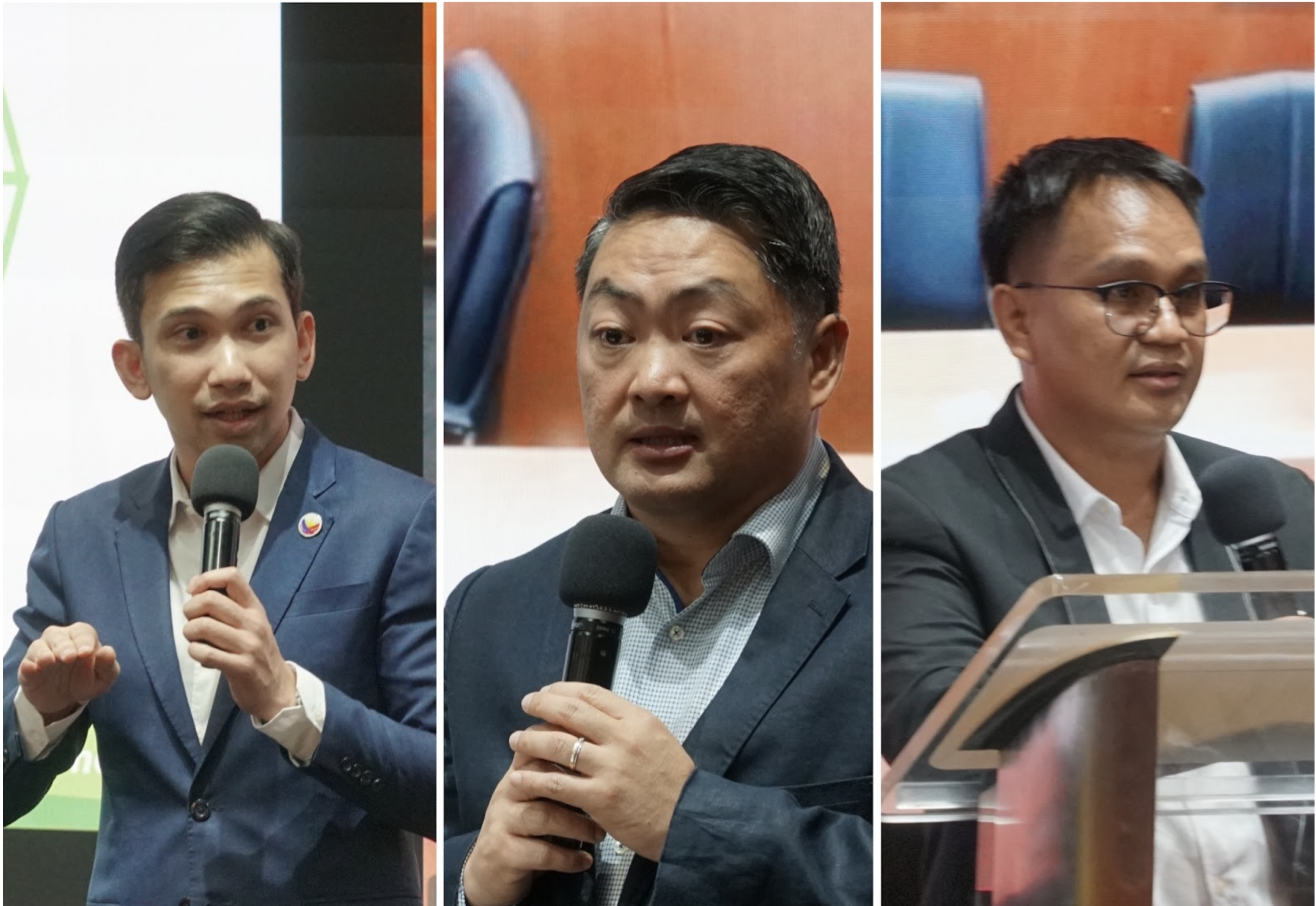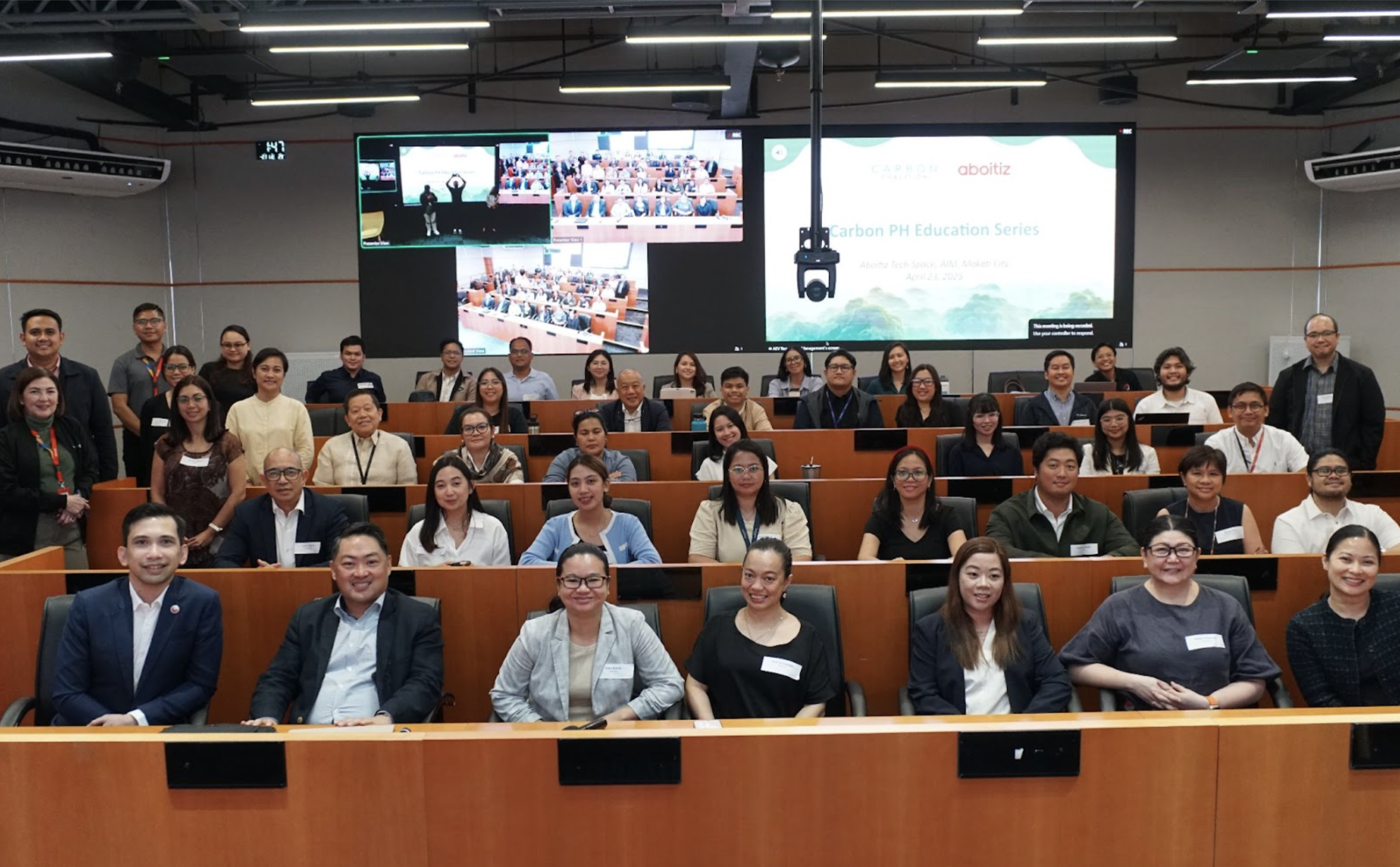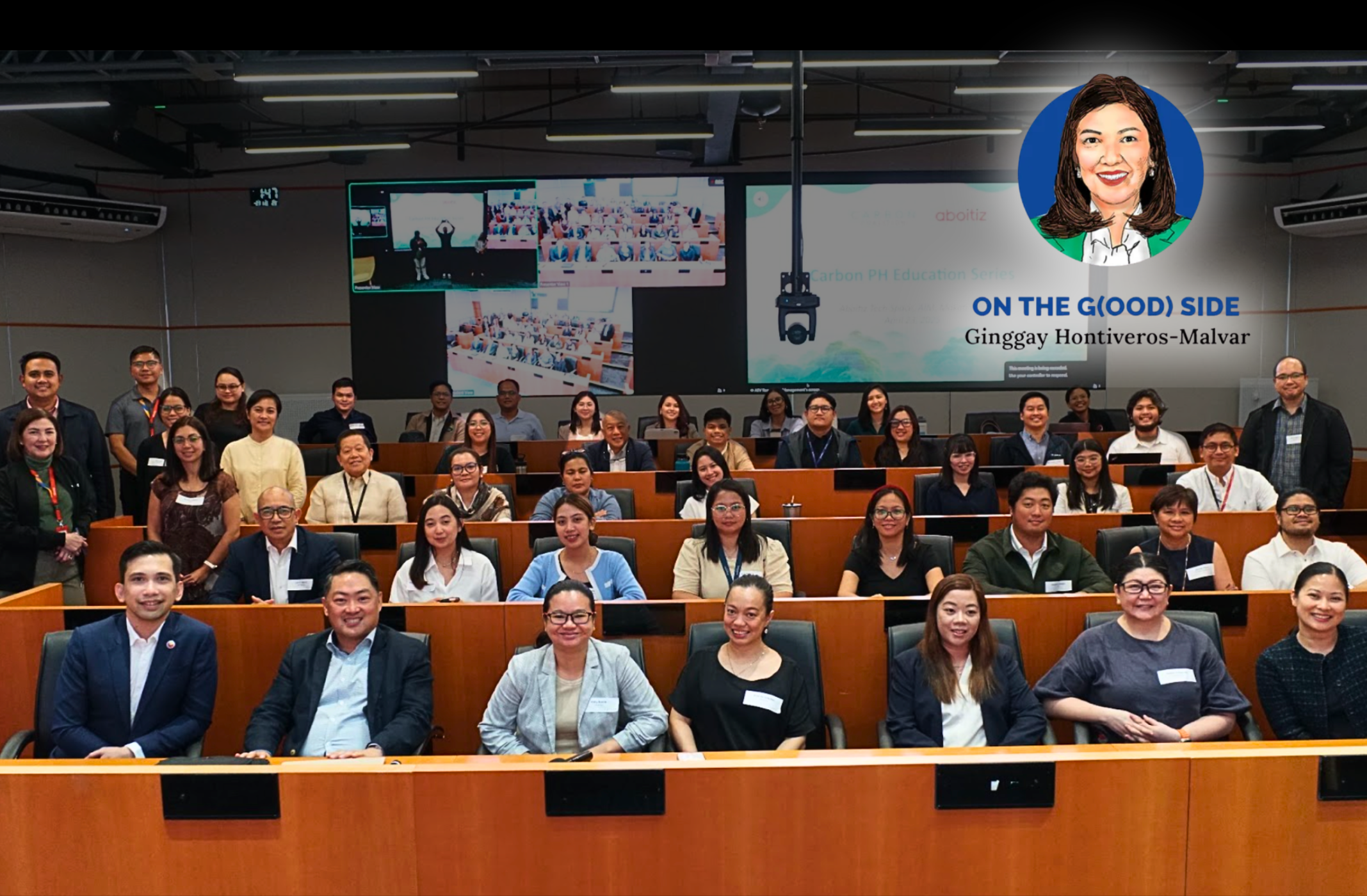By Ginggay Hontiveros-Malvar, Chief Reputation and Sustainability Officer, Aboitiz Group and President, Aboitiz Foundation
This article originally appeared on the author’s Tribune.net column ‘On the G(ood) Side’.
Nature has always played a crucial role in protecting our communities—from regulating our water supply to absorbing carbon emissions. Among our most valuable natural allies are forests and watersheds. These ecosystems are key to addressing climate impacts, yet they continue to face growing threats from deforestation, degradation and overuse. If we are to build a truly sustainable future, we need to act now to restore and safeguard these vital resources.
The sixth CarbonPH Coalition session recently hosted by Aboitiz Equity Ventures, brought together leaders from government, business, and the environmental sector to explore how sustainability goals can be translated into real, measurable outcomes. The discussions focused on forest investments, carbon markets, and water resource management—three critical areas where collaboration can drive lasting impact.

A highlight of the session were the updates provided by Atty. Thom Kabigting, assistant director FMB of the Department of Environment and Natural Resources, on new policies aimed at supporting credible, scalable forest carbon initiatives in the Philippines. His discussion on the proposed guidelines on establishing, managing, and monitoring forest carbon credit projects reflect a commitment to transparency, credibility, and scale in our carbon efforts.
Equally encouraging is the development of the National Forest Monitoring System and the Safeguards Information System, to be launched in the second half of the year. These tools that will harness satellite data and field assessments to ensure that conservation uplifts, rather than displaces, communities.
We also listened to Ronnie Lim, the general manager of Apo Agua Infrastructura, whose Davao City Bulk Water Supply Project stands as a compelling example of how innovation can address urgent community needs. By harnessing renewable hydroelectric energy, the project provides a sustainable clean water supply to the city while helping protect surrounding ecosystems. Equally commendable is the company’s partnership with the Obu-Manuvu indigenous community to restore the Mt. Tipolog-Tamugan Watershed through reforestation efforts, livelihood support, and the revival of the area’s natural vitality.
At the grassroots level, the Water Alliance continues to demonstrate how targeted, community-based solutions can drive meaningful change. Since 2017, the Alliance has helped bring clean, reliable water to over 6,000 families—one well, one pipeline, one system at a time.
While these efforts differ in scale and focus, they all reflect the same fundamental truth: no single entity can solve the climate crisis alone. Whether through policy, infrastructure, ecosystem restoration, or community partnerships, every action matters—and collective action matters most.
We look forward to continuing these vital conversations in future Carbon Coalition Learning Sessions, and we welcome new partners to join us. Building a sustainable future is a shared responsibility, and the journey ahead is one we must take together.



